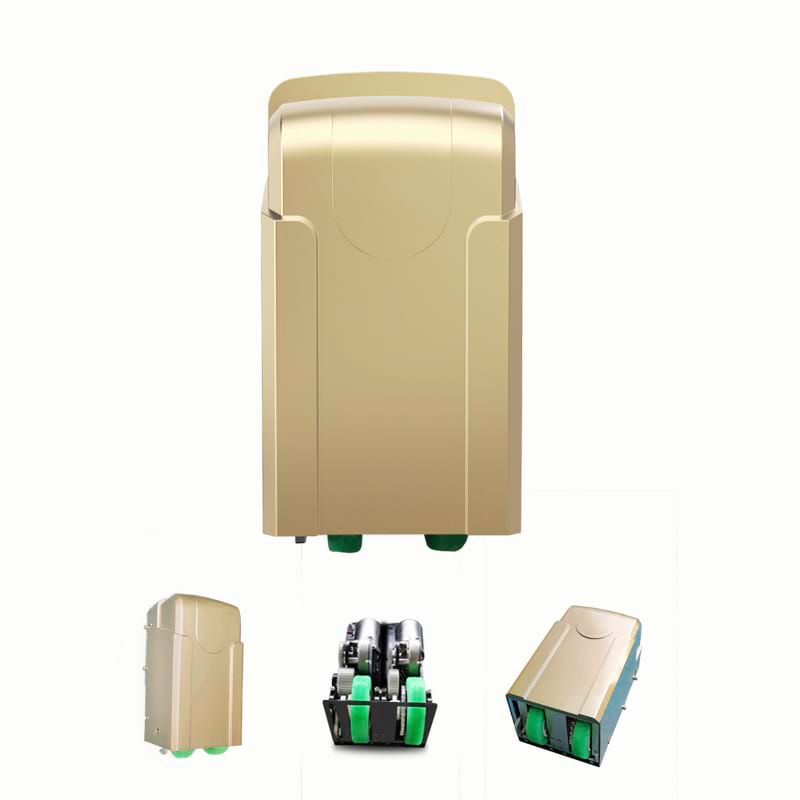As the world continues to prioritize sustainability and energy efficiency, technological advancements play a crucial role in transforming our daily lives. One such innovation that contributes significantly to energy efficiency in both residential and commercial settings is the automatic gate opener. These devices not only enhance security and convenience but also promote a greener and more energy-conscious lifestyle.

1. Reduced Energy Consumption:
Traditional gate systems often rely on manual operation or require significant electrical power for continuous operation. Automatic gate openers, on the other hand, are designed with efficiency in mind. Most modern models utilize energy-efficient motors and components, minimizing power consumption during regular usage. This results in a reduction in overall energy costs and a smaller carbon footprint.
2. Smart Technology Integration:
Many automatic gate openers are equipped with smart technology features that enable users to control and monitor their gates remotely. Smart systems can be programmed to open or close gates based on specific criteria, such as time of day, weather conditions, or the presence of authorized individuals. By optimizing gate operation through intelligent automation, unnecessary energy use can be avoided.
3. Solar-Powered Options:
In the quest for sustainable solutions, solar-powered automatic gate openers have gained popularity. These systems harness the power of the sun to generate electricity, eliminating the need for a direct connection to the electrical grid. Solar gate openers are particularly advantageous in regions with abundant sunlight, offering a renewable and eco-friendly alternative to traditional power sources.
4. Energy Recovery Mechanisms:
Some advanced automatic gate openers are designed with energy recovery mechanisms. For instance, regenerative braking technology allows the gate opener to capture and store energy generated during the gate's closing motion. This stored energy can then be reused to power subsequent gate movements, further minimizing the overall energy consumption of the system.
5. Variable Speed Operation:
Many automatic gate openers come equipped with variable speed settings, allowing users to adjust the speed of the gate's movement. By reducing the speed during periods of low traffic or when the gate is not in frequent use, energy consumption can be optimized. This flexibility ensures that the gate opener operates at its most energy-efficient level based on the specific needs of the user.
6. Improved Insulation and Durability:
Energy efficiency isn't solely about power consumption; it also involves minimizing heat loss and ensuring long-term durability. Automatic gate openers often come with features like improved insulation and durable materials, reducing the need for frequent maintenance and replacement. This longevity contributes to overall sustainability by decreasing the environmental impact associated with manufacturing and disposal.
Conclusion:
In the journey towards creating more energy-efficient living and working spaces, automatic gate openers emerge as valuable contributors. These devices not only enhance security and convenience but also demonstrate a commitment to sustainable practices. Through innovations such as solar power, smart technology integration, and energy recovery mechanisms, automatic gate openers play a pivotal role in minimizing energy consumption and fostering a greener future for residential and commercial settings alike. Investing in these technologies not only benefits the individual user but also contributes to the collective effort to create a more energy-efficient and environmentally conscious world.